:max_bytes(150000):strip_icc()/stroke-symptoms-not-caused-by-strokes-31460321-5c4e3e25c9e77c00014afb33.png) Conditions That Can Cause Stroke-Like Symptoms
Conditions That Can Cause Stroke-Like SymptomsHow can you tell the difference between a strobo and a seizure? Synopsis A stroke and a seizure are serious and impact your brain activity. However, the causes and effects they have on their brain health are different. A stroke occurs due to a breakdown of blood circulation in the brain. A seizure occurs due to an increase in electrical activity in the brain. In addition, a stroke can permanently affect your thinking and muscle control. The effects of a seizure are usually temporary. Attacks and seizures share some symptoms. These include: strokes or serious seizures can also lead to loss of consciousness. Symptoms of seizures tend to have initial, mean and final stages. You cannot notice when one stage ends and another begins. Each stage of a seizure has a unique set of symptoms. The initial stage of a seizure can start minutes, hours or even more before the actual seizure. A characteristic of this stage is an aura. An aura is a change in your vision and other senses. You can be particularly sensitive to light, or you can see strange lights and colors that no one else can see. Its sense of smell and taste can also be distorted. Other signs before a seizure may include dizziness and feelings of anxiety. The average stage of a seizure is known as the ictal phase. During this part of a seizure, you may lose consciousness, or you may go out for several minutes or more. It may have trouble hearing or seeing. You can also experience hallucinations. During a seizure, you can: The final stage is called postictal phase. You may experience the following during this stage: Symptoms of a stroke Unlike a seizure, a tends to occur quite suddenly. Suddenly you may have a violent headache and other symptoms. These symptoms often include: If symptoms develop and get worse, or don't go away, you may have a stroke. Troke Causes The two main types of stroke are ischemic and hemorrhagic. An ischemic stroke is much more common than a hemorrhagic blow. It occurs due to obstruction in an artery that supplies blood to the brain. The blockage could be from a blood clot that is lodged in the artery or blocking blood flow in one of the carotid arteries. These arteries carry blood to the sides of the neck to the brain. A occurs when a blood vessel in the brain breaks. As a result, the blood is filtered into the surrounding tissue. The flow of blood stops at the point where the artery fired. One of the most common causes of a hemorrhagic stroke is high blood pressure. This is because high blood pressure can weaken an artery. This makes it more likely to explode. The causes of seizure are also one of the many potential causes of seizure. Other causes range from overheating and experience or medication to snake bites and epilepsy. is a brain disorder that leads to frequent seizures if the medication does not control it. Risk Factors for Seizures If you have epilepsy, you are at a high risk of seizures. Having a family history of seizure disorders can also increase the risk of seizures. Experimenting a head injury increases the risk of seizures, but cannot appear immediately. It may be several months or more than a year before you have a seizure related to your injury. A stroke can also trigger a seizure, either immediately or after it has recovered from the stroke. Risk Factors for Brain Accident The main risk factors for stroke are cardiovascular disease, high blood pressure, and abnormal heart rhythms. These are known as arrhythmias. allow the blood to grow and form a clot in the heart. Other risk factors for the stroke are: Some of these risk factors, such as high blood pressure and smoking, are controlled with lifestyle changes. When necessary, medicines can also help control them. If you suspect you have a stroke, get emergency medical help right away. A doctor will perform a test and hear your heart. If it looks like you're having a stroke, you'll have an emergency image study. This will help the doctor see what is happening in his brain. These image studies include or scan. These types of imaging tests can also help diagnose a seizure. Blood tests and a physical exam are also part of the diagnostic process. It is also important that you or someone who witnessed seizure tell the doctor about what happened. Treatment for stroke If you arrive at a hospital within 4 1/2 hours with an ischemic stroke, you can be eligible for a tissue activator plasminogen injection (tPA). It is known as a drug that abuses clot. It can help restore healthy blood flow. The main risk with PT is serious bleeding, because it interferes with the blood clotting capacity. Your doctor may also insert certain devices into an artery and guide them to the location of a clot to recover the clot and restore blood flow. Your care after a stroke will depend on the severity of the stroke. Physical therapy is generally necessary, especially if the stroke compromised your ability to walk or use your hand. Your doctor may also prescribe a medication to reduce your blood pressure and blood pressure. You will be advised to make lifestyle changes, such as quitting, losing weight and exercising regularly when you are physically able. Seizure Treatment There are dozens of medicines available to control and prevent seizures. The right medication for you depends on the type of seizures you have. You may need to try some different medications and doses to get the right combination for you. Seizure medications are usually taken daily to help prevent these episodes. Rest is usually recommended after a seizure. Finding a quiet and quiet environment is useful. It may take hours to recover completely. You may have a mild stroke that leaves you with minimal complications or a more serious stroke that causes permanent disability or even death. If you get treatment quickly after stroke, your chances of a good recovery are much higher. If you participate in rehabilitation, you also improve your chances of full recovery. For some people, the recovery of blows is a journey of life. Once you find the right medication to control your seizures, living with epilepsy can be manageable. If epilepsy is not the cause of your seizures, you should talk to your doctor about the treatment of the underlying cause. If you have had a seizure or an episode that you think was a seizure, talk to your doctor about getting a diagnosis. Do not assume that seizures are inevitable. Be proactive about seeking help to control and prevent seizures. If you have risk factors for the stroke, such as high blood pressure or smoking, take steps now to control them. You can: Seizures and blows can be serious. But you can be able to prevent them from interfering with your health and quality of life by taking preventive measures and proper care now. Last medical review on May 24, 2018
What you should know about post-strike seizures What is the connection between blows and seizures? If you have had a stroke, you have a higher risk of having a seizure. A stroke makes your brain hurt. The brain injury results in the formation of scar tissue, which affects electrical activity in the brain. The interruption of electrical activity can cause you to have a seizure. Continue reading to learn more about the connection between and . There are three different , and include and punches. Hemorrhagic strokes occur as a result of within or around the . Ischemic shocks occur as a result of one or a lack of . People who have had a hemorrhagic stroke are more likely to have seizures after a stroke than those who have had an ischemic stroke. You are also at greater risk of seizures if the stroke is or occurs within the brain. Their risk of post-American seizure is higher in the follow-up of a stroke. Approximately people will have a seizure within a few weeks after having a brain attack, according to the National Association for Combating Stranglement. It is more likely that you have an acute seizure within 24 hours of a severe blow, a hemorrhagic stroke or a stroke that involves the cerebral cortex. A found that 9.3% of all people with stroke experienced a seizure. Sometimes a person who has had a stroke may have chronic and recurrent seizures. They can be diagnosed with . There are more than 40 different types. Your symptoms differ depending on the type of seizure you have. The most common type of seizure, and the most dramatic in appearance, is a . Symptoms of a generalized seizure include: Other possible symptoms of seizure are: If you have an attack, notify your doctor immediately. They will want to know the circumstances surrounding their attack. If someone was with you at the time of seizure, ask them to describe what they witnessed so that you can share that information with your doctor. If you see someone having a seizure, do the following: If someone experiences a long seizure and does not regain consciousness, this is an emergency that threatens life. Get immediate medical help. If you have experienced a seizure after a stroke, you are at a higher risk of developing . If you have spent 30 days since you had a stroke and have not had a seizure, your chance to develop an epilepsy disorder is low. If you are still experiencing seizures more than a month later, however, you are at a higher risk for epilepsy. Epilepsy is a neurological system disorder. People with epilepsy have recurrent seizures that are not associated with any specific cause. You may have restrictions on driving license if you continue to have seizures. This is because having an attack while driving is not safe. A combination of lifestyle changes and traditional anti-learning treatments can help prevent a post-attack seizure. Lifestyle Changes Here are some things you can do to reduce your risk of seizure: If you are at risk of having a seizure, the following tips can help keep you safe if you have a seizure: Traditional treatments Your doctor may prescribe medications against seizure if you have had an attack after the attack. Follow your instructions and take all medications as prescribed. There is not much research on how well drugs against seizure work in those who have experienced a stroke, however. In fact, the European Organization for Combating Stranglement advises primarily against its use in this case. Your doctor may also recommend a vague nervous stimulator (VNS). This is sometimes known as a pacemaker for your brain. A VNS is operated by a battery that your doctor surgically attaches to the neck. Send impulses to stimulate nerves and reduce the risk of seizure. Last medical review on June 29, 2018
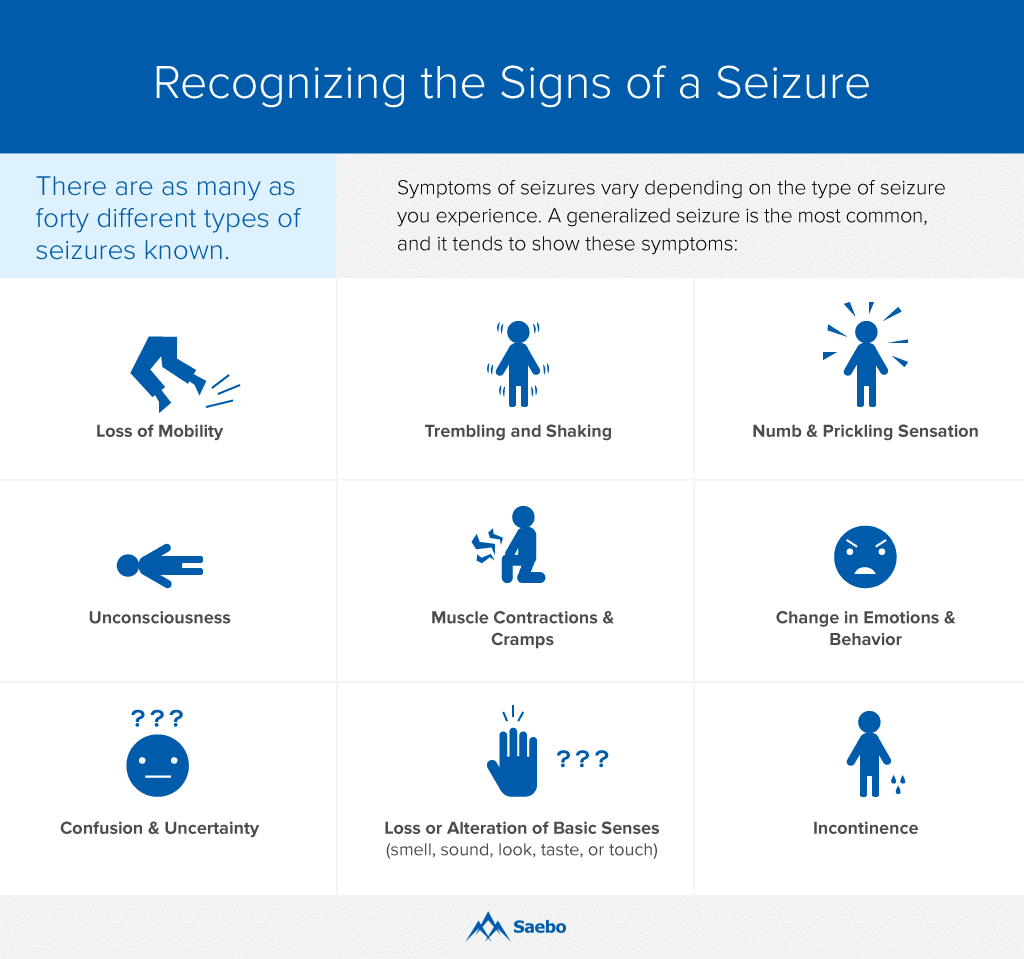
The Relationship Between Seizures and Strokes | Saebo
The Relationship Between Seizures and Strokes | Saebo
What's the Difference Between a Stroke and a Seizure?/temporal-lobe-stroke-long-term-effects-3146437-5c7d3fde46e0fb0001edc88d.png)
The Long-Term Effects of a Temporal Lobe Stroke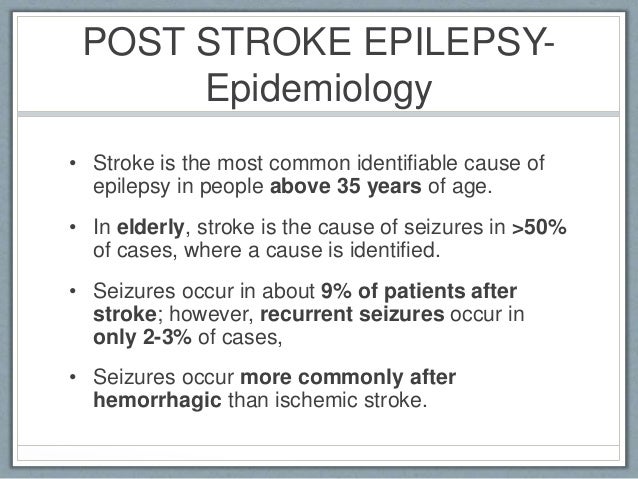
Post stroke epilepsy
The Effects of Epilepsy on the Body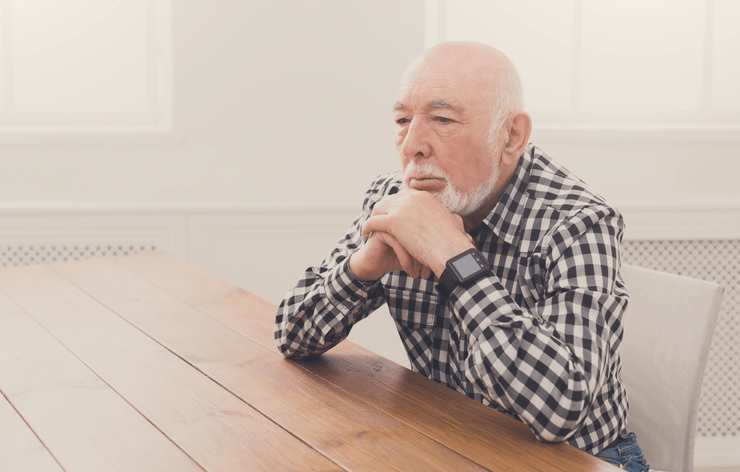
Controlling Post Stroke Seizures | American Stroke Association
What Women Need to Know About Strokes and Heart Attacks - Blog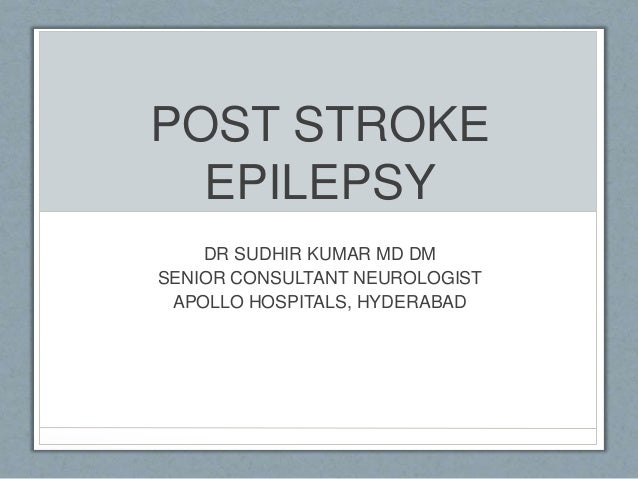
Post stroke epilepsy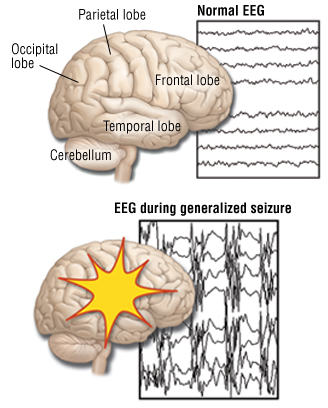
Generalized Seizures (Grand Mal Seizures) - Harvard Health/what-are-the-symptoms-of-an-occipital-stroke-3146433-FINAL-814dee4ff85a44e08251a4bcee9536ff.png)
The Effects of an Occipital Lobe Stroke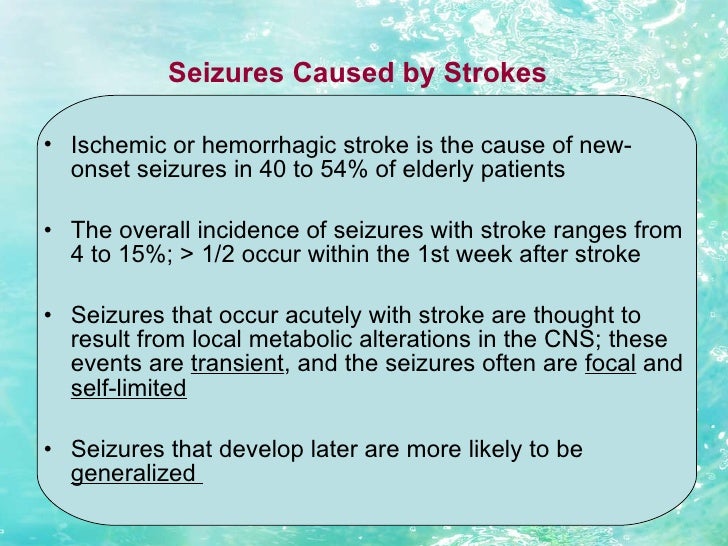
Clinical series.seizure
Simple partial seizure: Causes, symptoms, and treatments
Early Onset Seizures in Stroke | Stroke
Stroke Symptoms: Using the FAST Method and More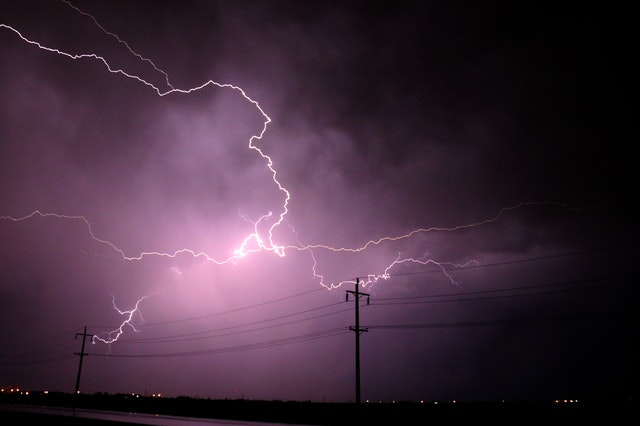
Can Stroke Cause Seizures | Hometouch
Stroke in newborns
The Epilepsies and Seizures: Hope Through Research | National Institute of Neurological Disorders and Stroke
Are you epileptic? Here's how your office can help you - The Economic Times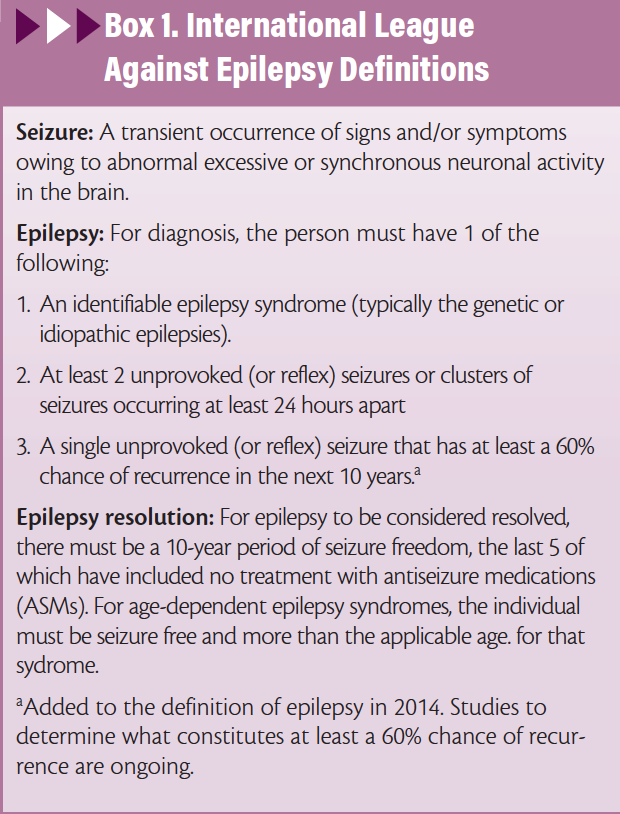
The First Seizure - Practical Neurology
Epilepsy: Facts, Statistics, and You
Stroke: FAST, Symptoms, Causes, Types, Treatment, Prevention
The Most Common Stroke Questions, Answered | Saebo
The Effects of Stroke on the Body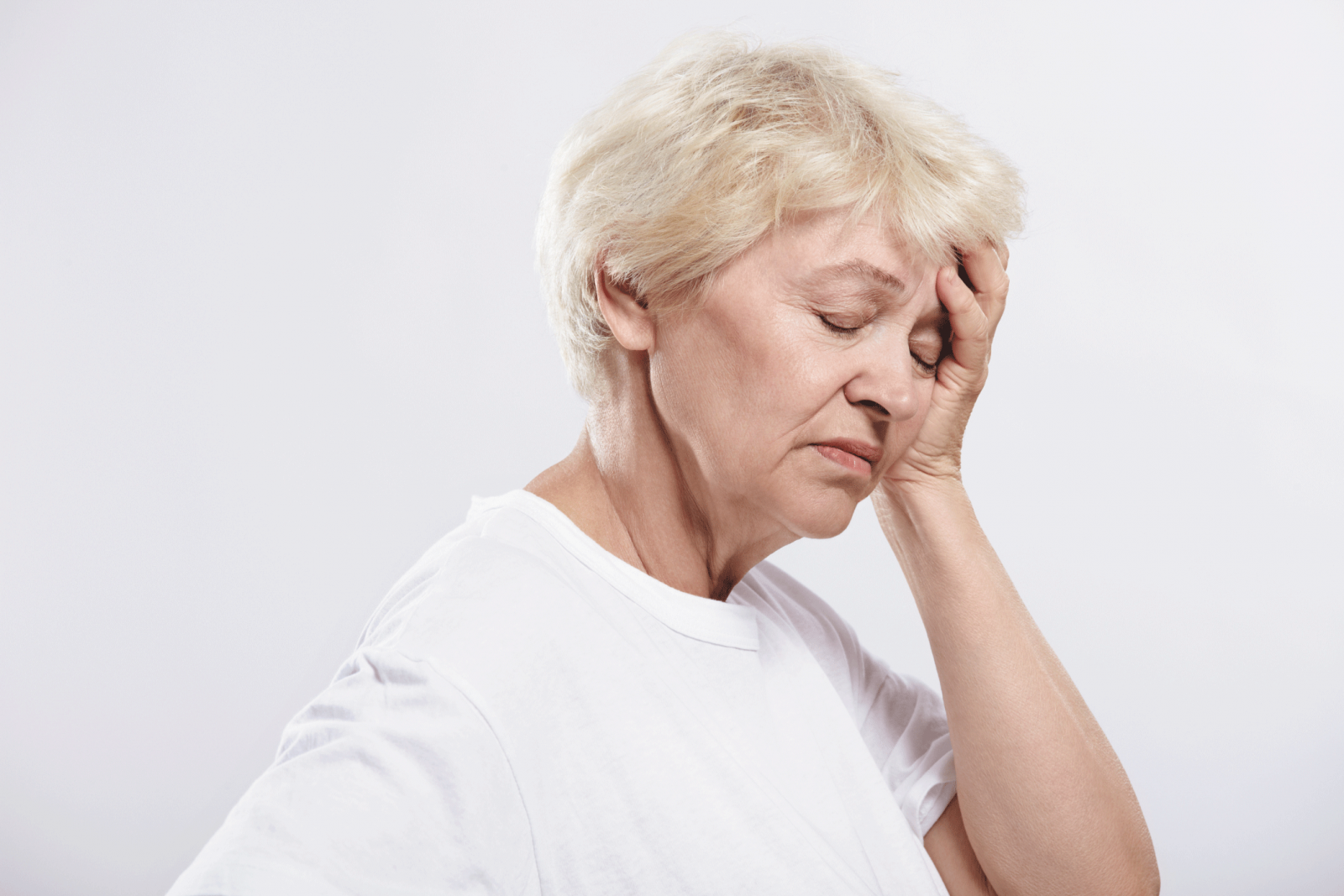
Don't be fooled by TIA symptoms - Harvard Health
Mnemonic for #seizure causes: VITAMIN. | Nursing mnemonics, Medical mnemonics, Nursing school survival
Difference Between a Seizure and a Panic Attack | Difference Between
Some Coronavirus Patients Show Signs of Stroke, Seizures and Confusion - The New York Times
Temporal Lobe Epilepsy: Causes, Symptoms, Diagnosis & Treatment
Prediction of late seizures after ischaemic stroke with a novel prognostic model (the SeLECT score): a multivariable prediction model development and validation study - The Lancet Neurology
Late-onset seizures, underlying etiology and antiepileptic drugs: A gordian knot? - Seizure - European Journal of Epilepsy
Persistant Eye deviation in stroke and seizures on Meducation
The Relationship Between Seizures and Strokes | Saebo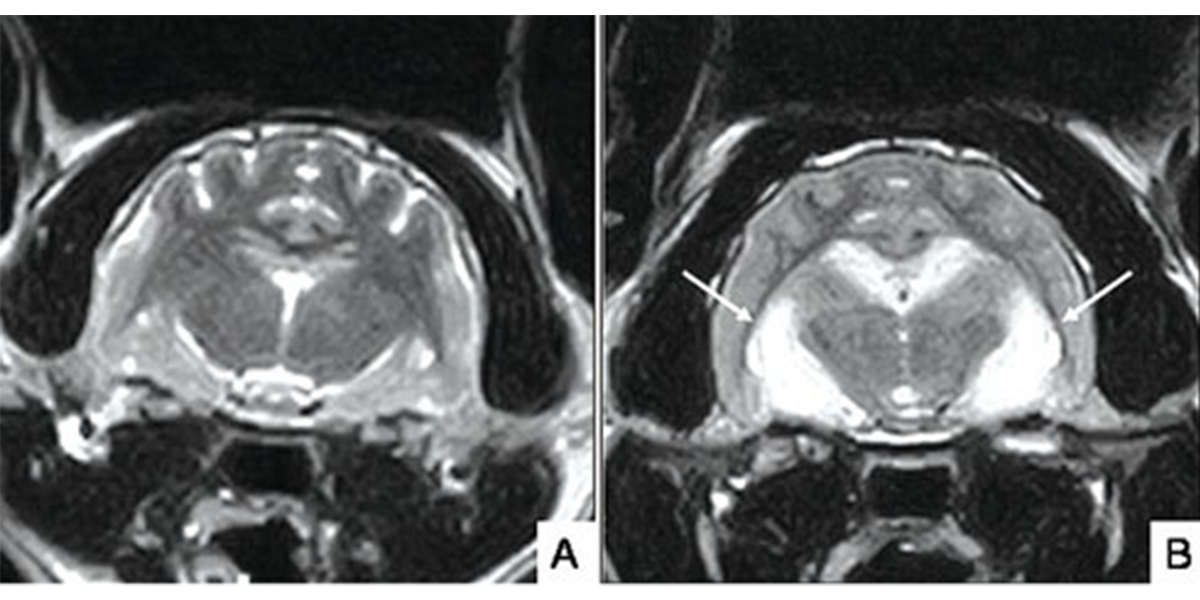
Seizures/epilepsy in cats | International Cat Care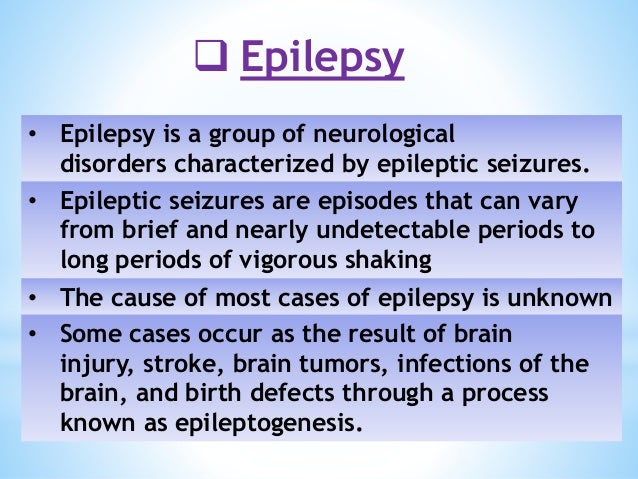
Epilepsy-Epidemiology,Signs and symptoms,Triggers,Seizures types,Caus…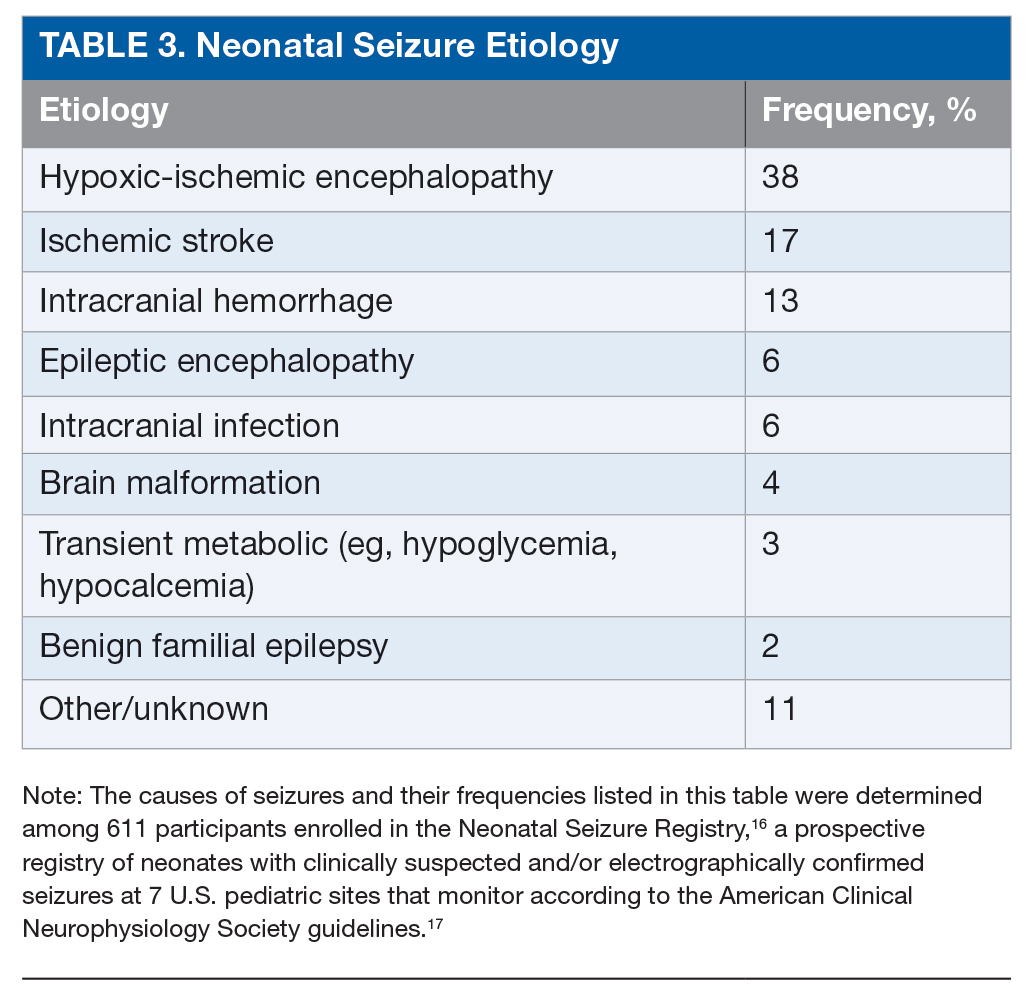
Pediatrics Board Review: Neonatal Seizures | MDedge Pediatrics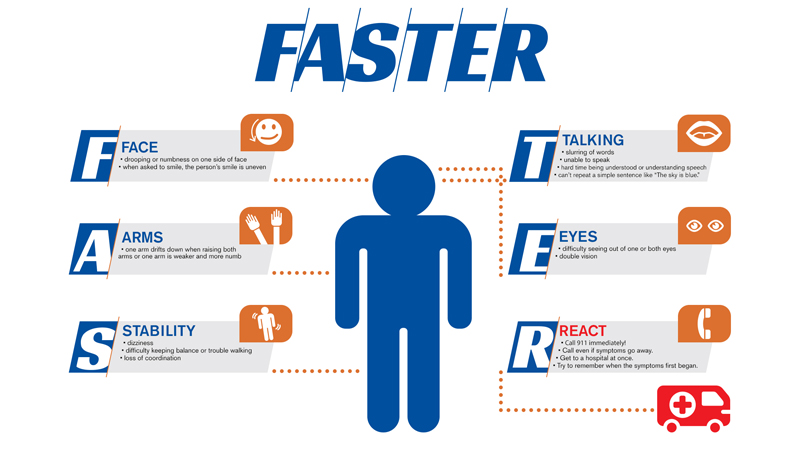
Stroke Symptoms: From FAST to FASTER | Beaumont Health
The dangers of seizures: Why you need immediate treatment
Do energy drinks cause epileptic seizure and ischemic stroke? - The American Journal of Emergency Medicine
After stroke can come seizures | ACP Hospitalist
:max_bytes(150000):strip_icc()/stroke-symptoms-not-caused-by-strokes-31460321-5c4e3e25c9e77c00014afb33.png) Conditions That Can Cause Stroke-Like Symptoms
Conditions That Can Cause Stroke-Like Symptoms


/temporal-lobe-stroke-long-term-effects-3146437-5c7d3fde46e0fb0001edc88d.png)






/what-are-the-symptoms-of-an-occipital-stroke-3146433-FINAL-814dee4ff85a44e08251a4bcee9536ff.png)



























Posting Komentar untuk "can a seizure cause a stroke"